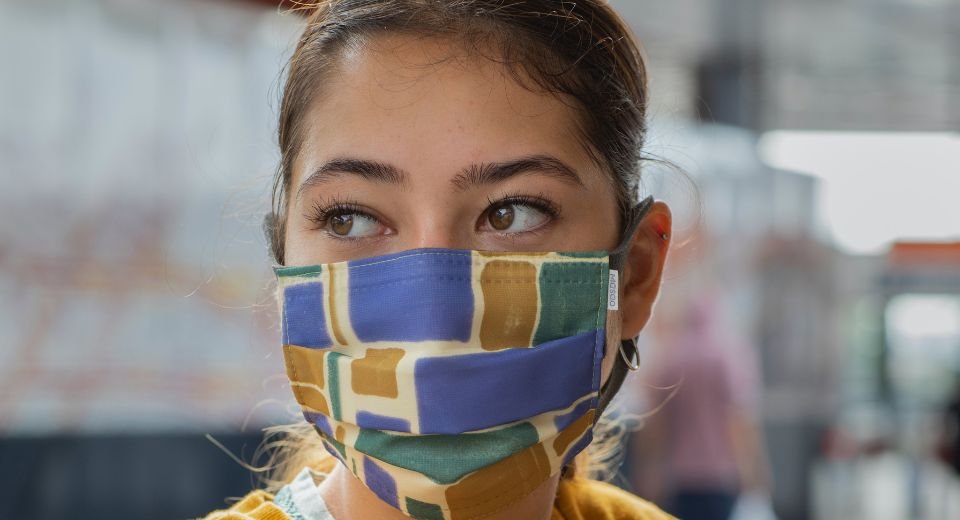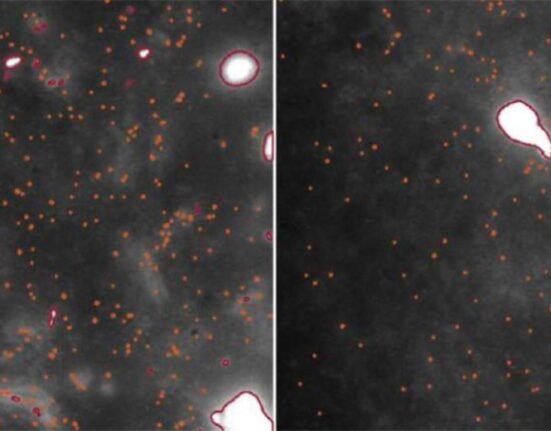HQ Team
November 29, 2023: The WHO has reclassified the Covid-19 virus Omicron BA.2.86 mutation as a “variant of interest” after the global health agency reported an 8.9% rise in global prevalence in cases arising in the UK, France and Sweden.
As of November 20, there were 3,267 BA.2.86 sequences submitted to GISAID from 46 countries, representing 8.9% of the globally available sequences in the epidemiological week ended October 30 to November 5, according to a WHO statement.
The largest proportion of BA.2.86 sequences are from the United Kingdom (19.7%) France (11.9%), Sweden (10.7%), Spain, Canada, Denmark and the US.
“Globally, there has been a slow but steady increase in the proportion of BA.2.86 reported, with its global prevalence at 8.9%,” during the October-November period under consideration.
Genetic code
This was a substantial rise from the data reported four weeks prior when the global prevalence of BA.2.86 was 1.8%.
A variant is a viral genome (genetic code) that may contain one or more mutations. Variants designated as VOI include variants that have reduced neutralization by antibodies generated against previous infection or vaccination.
It also includes variants that have reduced the efficacy of FDA-approved treatments or diagnostic tests and predicted increases in transmissibility or disease severity.
In some cases, a lineage or group of lineages with similar genetic changes may be designated by the WHO or the U.S. SARS-CoV-2 Interagency Group as a Variant of Interest, Variant of Concern, Variant of High Consequence or Variant Being Monitored due to shared characteristics that may require public health action.
The Centers for Disease Control and Prevention monitors all variants circulating in the US. The CDC said that, since it first weighed in on BA.2.86 in August, proportions have slowly grown and now account for between 5% and 15% of circulating viruses, a percentage that will likely grow.
Low risk
According to the WHO, based on the available limited evidence, the public health risk posed by BA.2.86 is currently evaluated as low at the global level.
“Current population immunity globally remains highly cross-reactive to this variant, especially against severe disease but also against symptomatic disease, and therefore the emergence of this variant will unlikely add increased burden to national public health systems.”
The BA.2.86 was classified as a variant under monitoring on August 17 and based on updated information, its sub-lineages (including JN.1) are now being classified as a variant of interest.
The immune escape of BA.2.86 relative to concurrently circulating variants does not appear to be as extensive as when Omicron emerged in the background of Delta, according to the WHO statement.
“Currently, there are no reports of elevated disease severity associated with this variant.”








